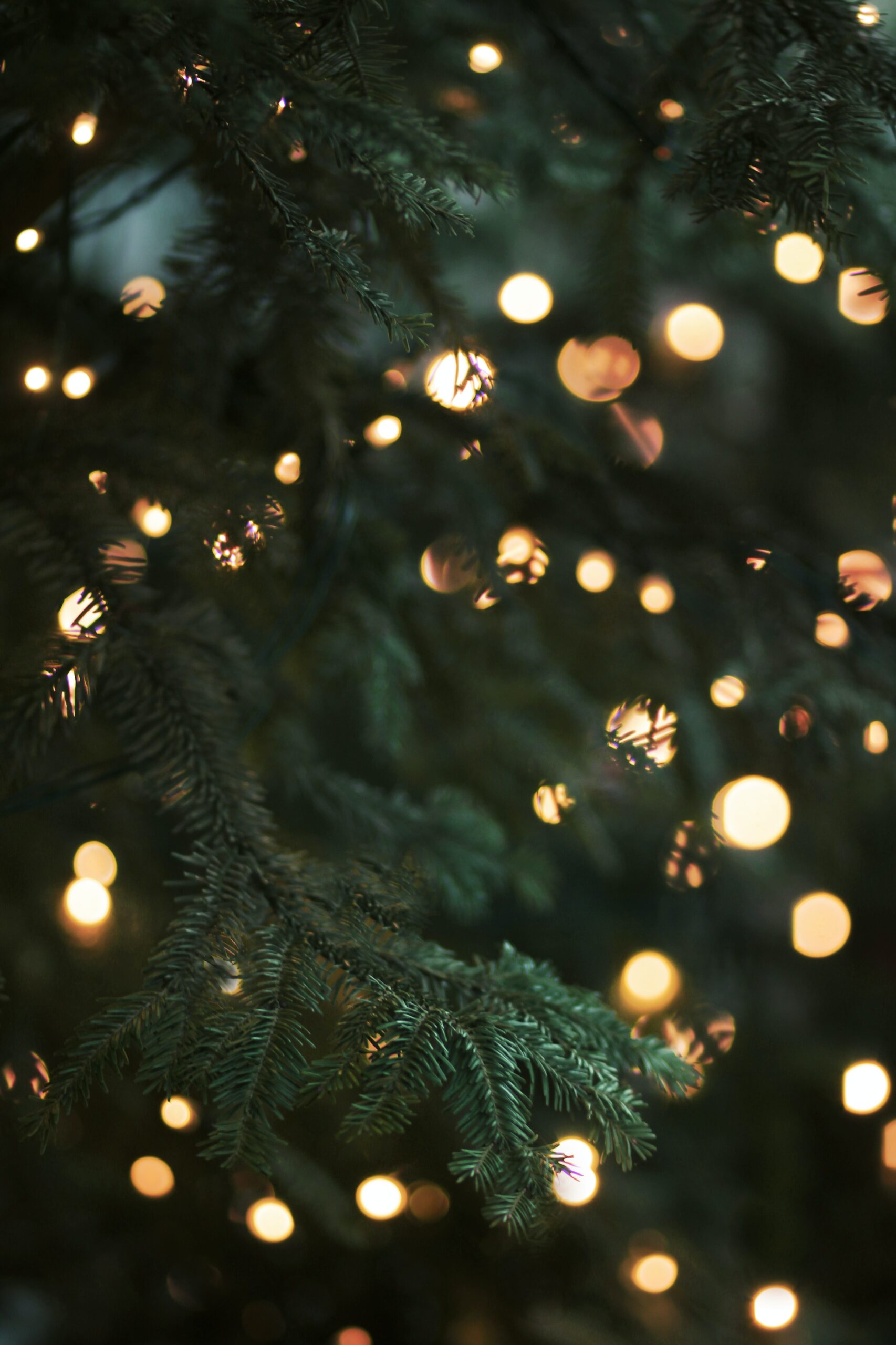
DAY TWENTY-FIVE TRADITIONS
In the Christian tradition, December 25 is Christmas, a celebration of the birth of the central character, Jesus. Many religious traditions were co-opted from other sources, often traditions that pre-dated the religion and thus were readily available for adoption. The origins of Christmas stem from both the pagan and Roman cultures. The Romans celebrated two holidays in the month of December. The first was Saturnalia, which was a two-week festival honoring their god of agriculture Saturn. On December 25th, they celebrated the birth of Mithra, their sun god.
The legend of Santa Claus can be traced back hundreds of years to a monk named St. Nicholas. It is believed that Nicholas was born sometime around 280 A.D. in Patara, near Myra in modern-day Turkey. Much admired for his piety and kindness, St. Nicholas became the subject of many legends.
Father Christmas is the traditional English name for the personification of Christmas. Although now known as a Christmas gift bringer, and typically considered to be synonymous with Santa Claus, he was originally part of a much older and unrelated English folkloric tradition. The recognisably modern figure of the English Father Christmas developed in the late Victorian period. Whatever your tradition, let the history of that tradition be a gift to you during this time of celebrations. During these holy holidays celebrate with a special gift.
PS A repeat from Day Seventeen- More Light See how that and this are woven together in seamless celebrations:
Christianity called Jesus the Light of the world and celebrate his birth at Christmas; In Judaism, Hanukkah is an eight-day, wintertime “festival of lights,” celebrated with a nightly menorah lighting, special prayers and fried foods; The Maccabees came into the Second Temple and there was only enough oil for one day to light the lights that were traditional and that one vial of oil, that miracle that lasted eight days, and therefore, Hanukkah is eight days. Light in Islam is used as a symbol for “God’s guidance” and “knowledge”, a symbol of mercy in contrast to Nar, which refers to the diurnal solar “hot light” i.e. fire. In the Quran, God is stated to be “the light (Nūr) of the heavens and the earth” (Verse of Light). Among many indigenous people, the Sun is the source of life and death, bringing life and heat to the people. In Aboriginal traditions, the Sun is a woman and the Moon is a man.
Diwali, one of the major religious festivals in Hinduism, Jainism and Sikhism, lasts for five days from the 13th day of the dark half of the lunar month Ashvina to the second day of the light half of the lunar month Karttika. (The corresponding dates in the Gregorian calendar usually fall in late October and November.) The festival generally symbolizes the victory of light over darkness. Kwanzaa is celebrated from Monday, December 26, to Sunday, January 1. Although Kwanzaa is primarily an African American holiday, it has also come to be celebrated outside the United States, particularly in Caribbean and other countries where there are large numbers of descendants of Africans. The seven candles represent the seven principles of Kwanzaa – unity, self-determination, collective work and responsibility, cooperative economics, purpose, creativity and faith.
For those not connected to any faith tradition, the sun, moon and stars often become focal points for a life connected to the natural world, its rhythms and seasons. We internalize the meaning of LIGHT in each of our lives according to our beliefs, our traditions and our choices of how we celebrate. May your celebrations pause to consider the miracles of Light and Life as we know them on this planet in an expanding universe.

Comments (1)
Yes. So many traditions seem to be woven together in December, many of them connected to the Sun and the solstice… our family gift to each other in the holiday season is ‘time spent together on vacation’ – experiences that are turning into traditions… Happy Holidays!